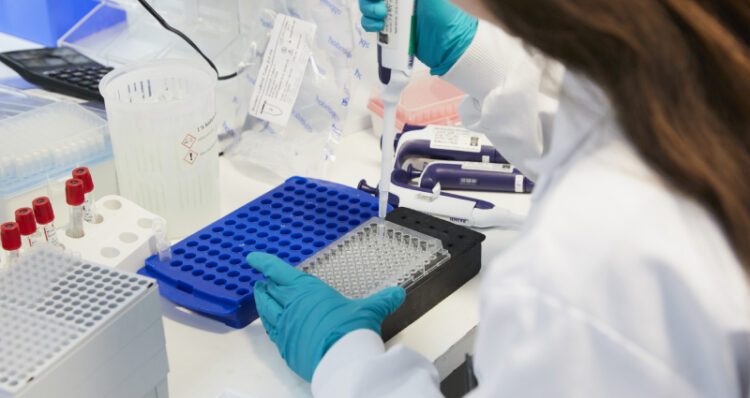
GST In Healthcare: A Brief Overview
QuBY2E | March 6, 2022 | 0 | BlogHow Does GST Affect The Healthcare Industry In India?
The Goods and Services Tax (GST) consolidates numerous taxes into a single uniform tax system. A single uniform tax would simplify the process of conducting business in the country and improve operational efficiency, resulting in a 2 per cent increase in the country’s pharmaceutical industry’s revenue.
The GST has had a positive impact on healthcare services. It eliminated double taxation and the cascading effect of taxes. GST also inverted the duty structure, which spurred growth in the healthcare sector. Andersen, the best scan centre (https://www.andersondiagnostics.com/) in Chennai, discusses the pros and cons of the GST in the healthcare industry. Continue reading to learn more.
Positive And Negative Impacts Of GST In Healthcare Industry
GST allows smooth tax credits flow, improved compliance, and a level playing field for pharmaceutical enterprises. The Goods and Services Tax (GST) also reduces the overall cost of technology in the healthcare industry by allowing the duty paid on the importation of such equipment and machinery to be claimed as a tax credit.

The Goods and Services Tax (GST) has inverted the medication duty structure, which severely impacts domestic producers. The following points discuss the positive and negative impacts of GST in the healthcare industry.
- GST resulted in a significant increase in Medical Tourism.
- The Goods and Services Tax positively impacts alternative medicine in India.
- The Goods and Services Tax (GST) benefits the healthcare industry by reducing barriers to corporate expansion.
- The Goods and Services Tax (GST) simplifies the healthcare industry’s taxation structure and results in a 2 per cent increase in the country’s pharmaceutical industry’s revenue.
- The GST would also reduce the cost of production in the industry.
- The GST reduces the overall cost of healthcare technology by allowing the duty paid on the importation of equipment and machinery to be claimed as a tax credit.
- The GST law benefits the healthcare and pharmaceutical industries by making health care more affordable and boosting the “Make in India” movement.
- The tax on health care services is now 12 per cent, resulting in a significant increase in the cost of medical treatments. The Goods and Services Tax (GST) has placed drugs that save lives under the five per cent bracket.
- The luxury tax on accommodation expenses has been absorbed into the GST, so patients will no longer be subject to a separate luxury tax.
- The overall cost of healthcare will rise due to increased tax on hospital inputs.
- The Goods and Services Tax (GST) applies to and impacts the healthcare services sector in India, including exempted healthcare services, non-exempt healthcare services, GST registration for doctors and hospitals, and other pertinent information. A healthcare service provider would be required to get a GST registration to deliver certain services.
Healthcare Services Impacted By GST
The Goods and Services Tax (GST) also applies to healthcare services in India. Listed below are services that are exempted and non-exempted from GST:
- Services relating to hair transplantation, cosmetic surgery, or plastic surgery are not included in the definition of healthcare services.
- Services provided by a medical practitioner or clinical establishment are exempt from GST, except services that fall outside of the scope of the criteria outlined above.
- In addition, services linked to diagnosis or inquiry are exempt from the Goods and Services Tax.
- The services of a private limited corporation relating to diagnosis, counselling, and sharing test results are covered under health care services.
- Services that a veterinarian clinic provides are exempt from GST.
- Services offered by cord blood include stem cell preservation, transportation of patients in ambulance, and veterinary care are exempt from GST.
- Services provided by cord blood banks, including other blood banks, in the form of stem cell preservation and services related to stem cell preservation are exempt from GST.
- Medicines are free from goods and services tax in India, but healthcare providers are subject to GST.
- A diagnostic or investigation performed by any outside accredited diagnostic labs in Chennai that provides consulting services will not be regarded as a clinical establishment, and no GST exemption will be granted.
- A hospital can rent out a portion of its facilities to a third-party service provider and pay GST on the rent paid or payable for the portion of the facility rented.
- The applicant hospital, which provided cardiology-related healthcare services to patients, argued that the rent payable by the hospital was exempt from GST.
GST has made healthcare more affordable, resulting in a win-win situation for medical professionals and customers.







